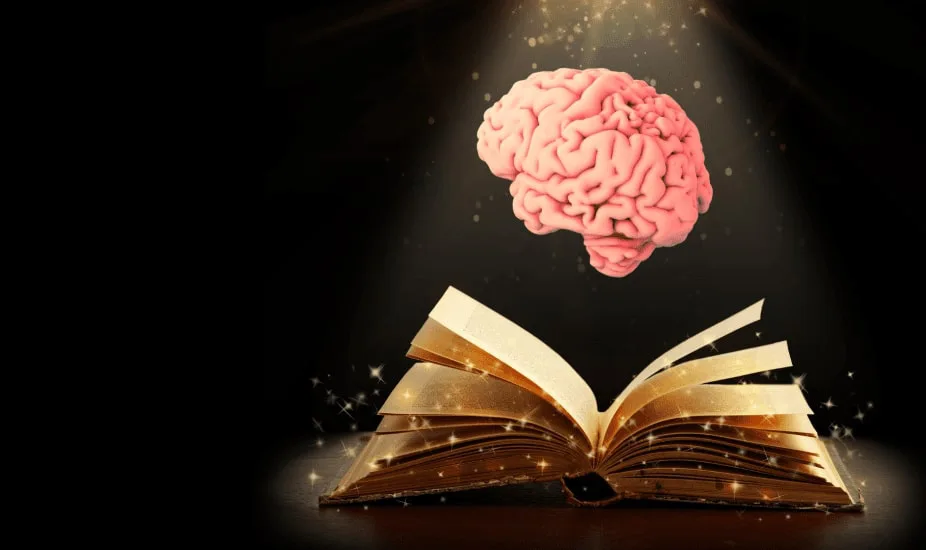It seems that each day more research is coming out about the power of stories to impact the human brain.
Why does this matter so much to us here at Natural High? Consider this — studies show that a fact delivered in a story is much more likely to stick than a fact delivered by itself or among a list of facts.
For a kid faced with a choice of whether or not to try drugs, that moment of recall can mean the difference between death and life. You bet we’re going to try to get our stories in front of as many kids as we can!
The benefits of storytelling also go beyond simple recall of information. A recent article entitled The Power of Storytelling and How it Affects Your Brain detailed some of the physiological impacts of storytelling on the body —
“During scenes of high action or tension, the stress hormone cortisol is released into your bloodstream, which leads to greater immersion and responsiveness to the arc of a story… More character-driven stories will affect the release of oxytocin into the blood, a so-called “empathy” hormone that helps people bond.”
So stories leave a lasting impression, help kids bond with each other and with the storyteller, and are associated in the brain with actual lived experience. The listener feels they have lived the story.
“By imagining ourselves in someone else’s position we can either affirm or challenge our beliefs and assumptions,” says the article. A parallel study in Science Magazine found that stories “uniquely engage the psychological processes needed to gain access to characters’ subjective experiences.”
This type of felt experience is a powerful tool in prevention.
A story engages, teaches, influences, and inspires the listener because of the release of the brain chemicals: dopamine, oxytocin, and cortisol. According to Uri Hasson from Princeton, “a story is the only way to activate parts in the brain so that a listener turns the story into their own idea and experience.”
Research shows that when complex science facts are turned into narratives, people understand the information better and increase their recall of and interest in the story. So, if you want a fact to stick, the best thing to do is to explain it with a story.
As the Harvard Business Review recently noted —
“Through stories, we can utilize vicarious experience, mentally rehearsing how we might handle a situation before we have to face it. Internal data banks, so full of what if’s and how to’s, are refreshed with new options, without our having to live through an experience and all the risk that might entail.”
This means that when your child hears a story and relates to it, they are better equipped to choose the right path when faced with difficult decisions themselves.
This is why we want to reinforce the message of prevention with as many potent stories as we can. So your child can have a whole data bank of experience to draw on when making key choices.
This fascinating research on the science behind the power of storytelling helps explain why we at Natural High do what we do, and hopefully, it inspires you to share more of our stories with your kids.
Check out the full Harvard Business Review article here.
If you find this post compelling, forward it to a friend or colleague. Together we can tell and share the stories that change lives!
Thank you for being a friend in this very important fight, and for considering a contribution in support of our mission and the young people we still need to reach.

